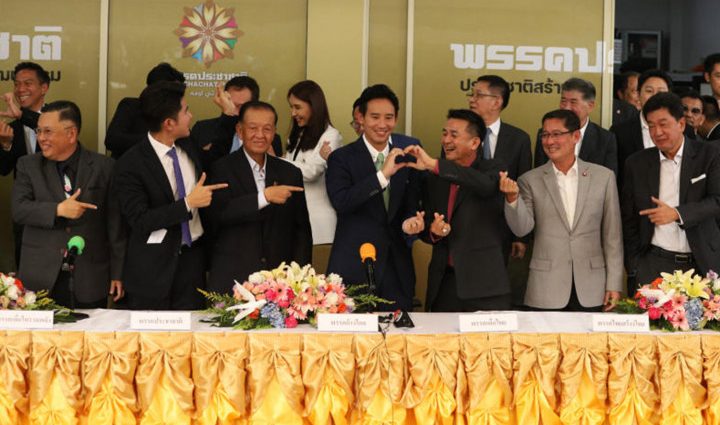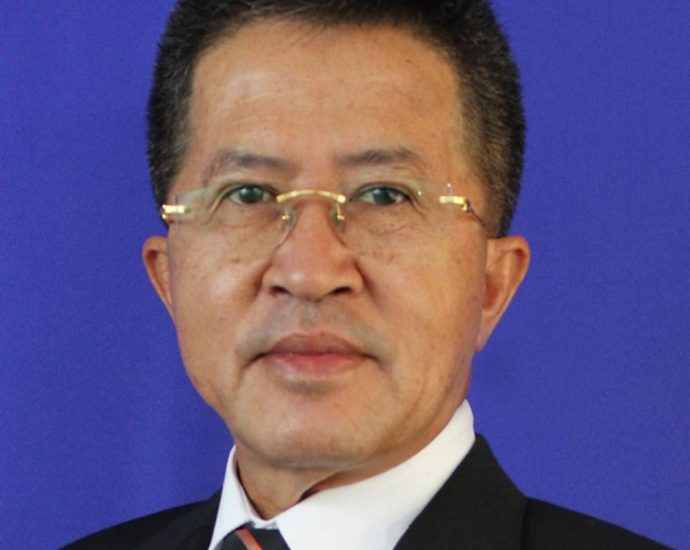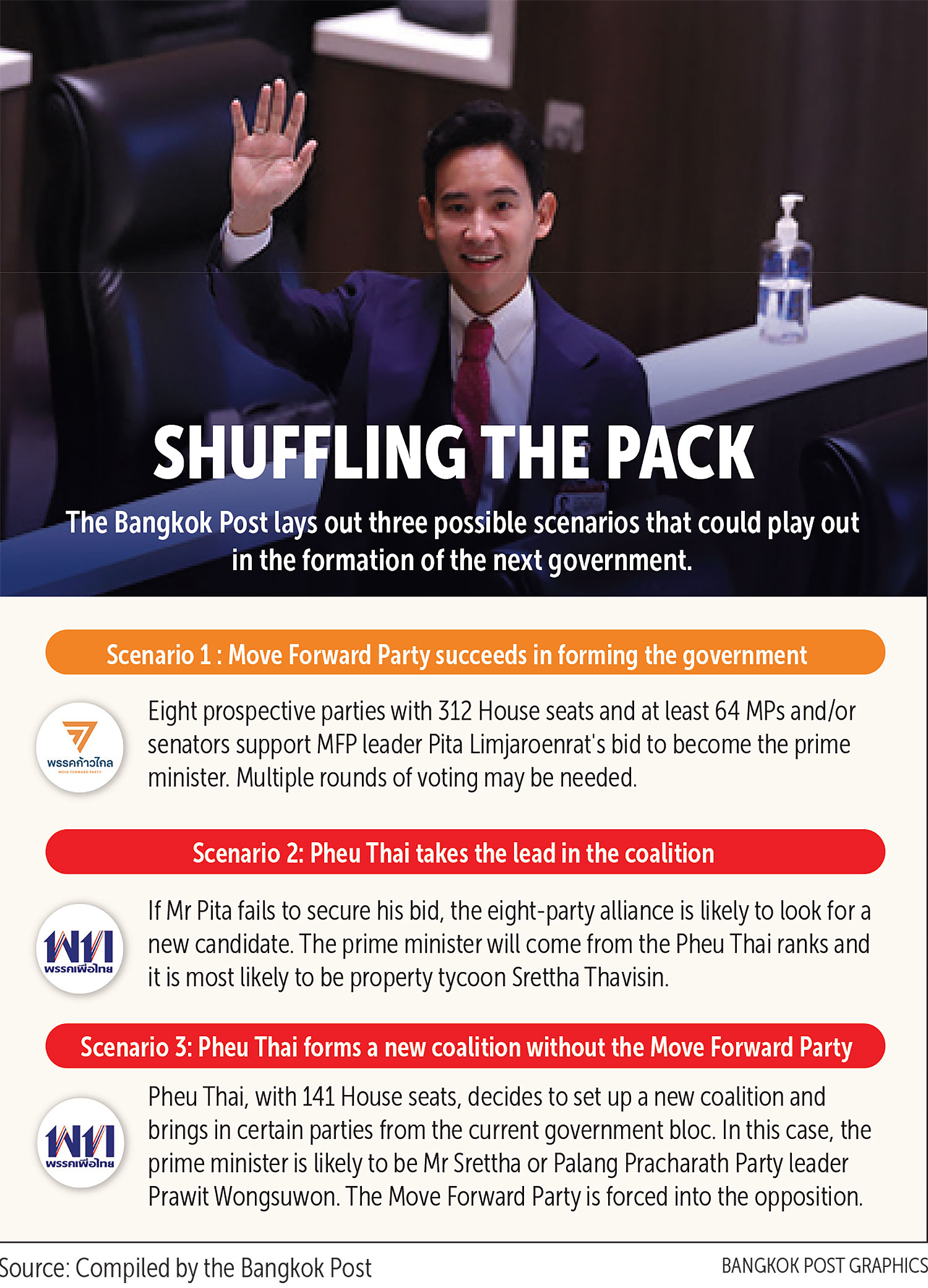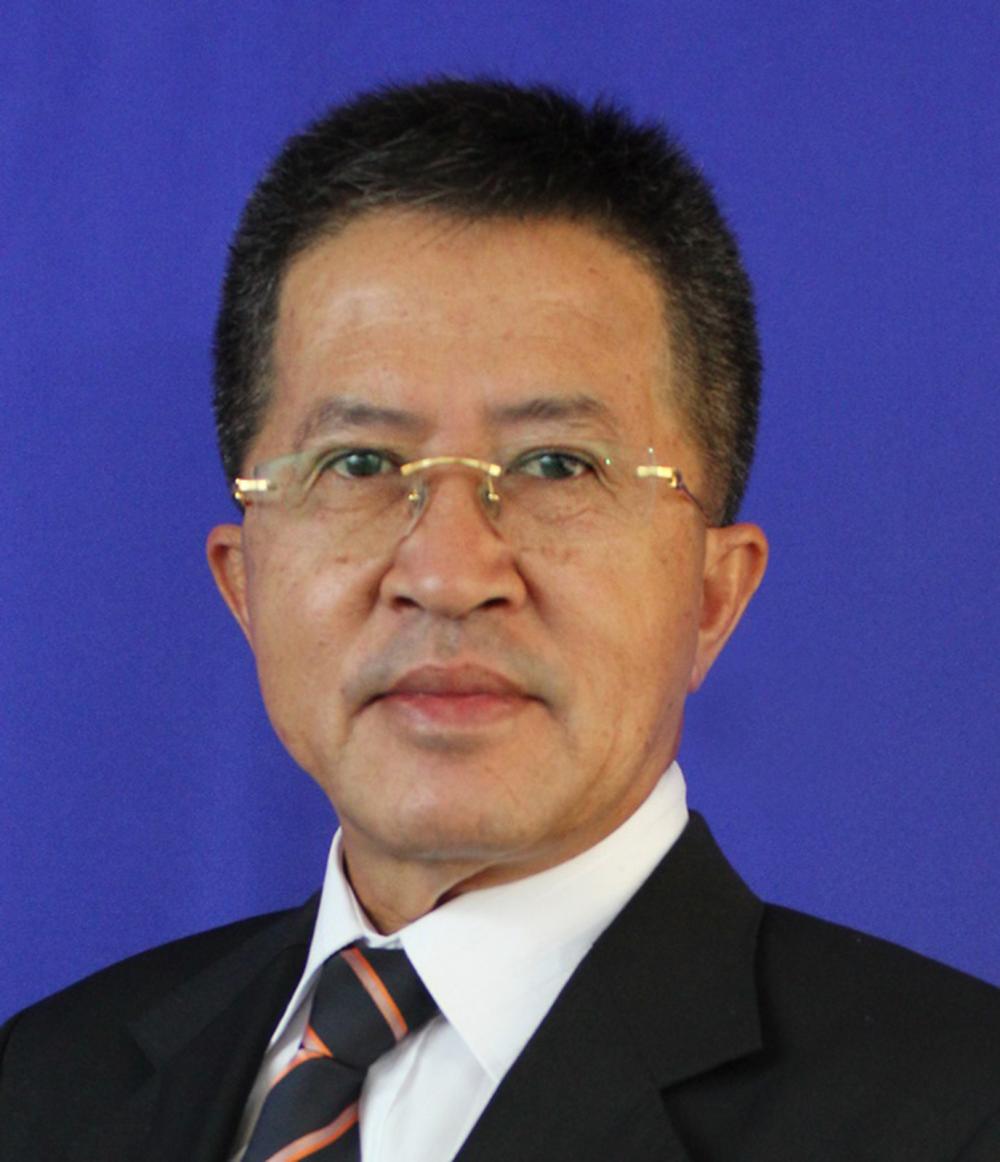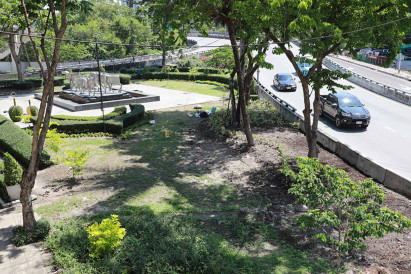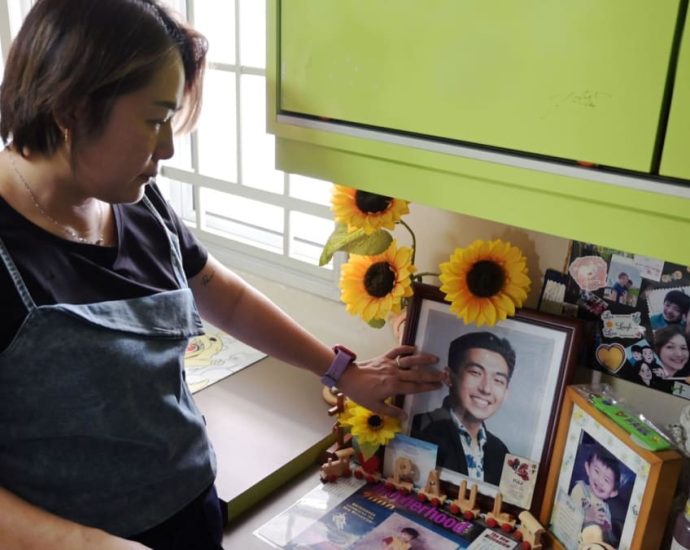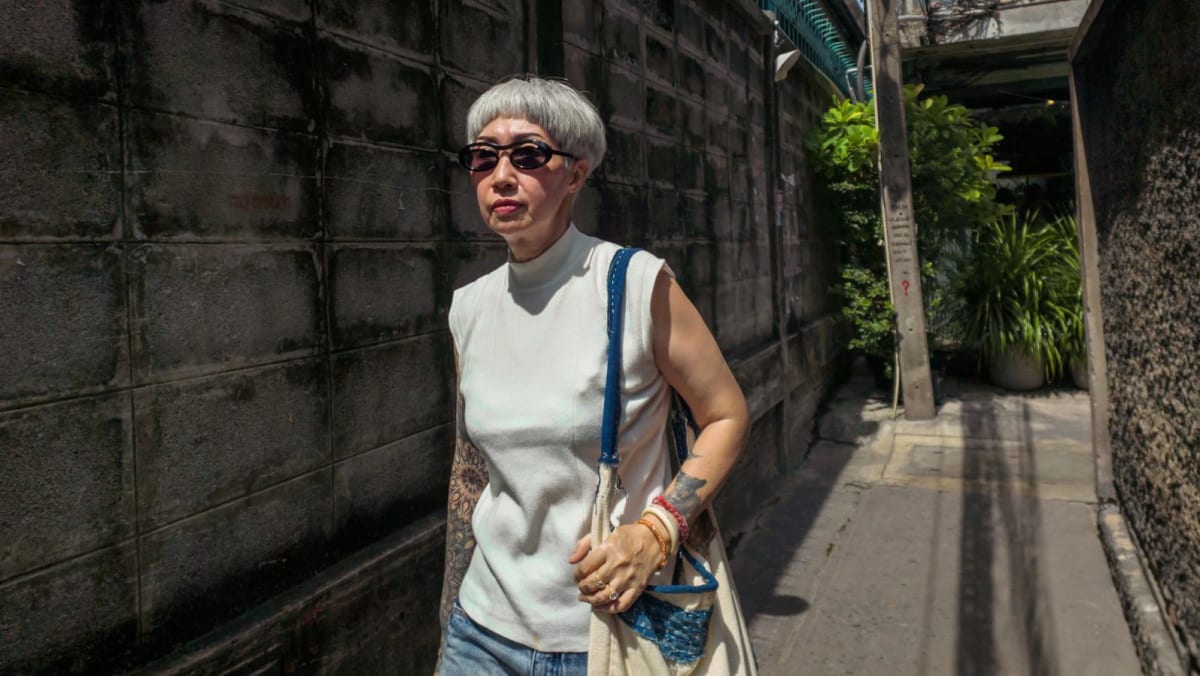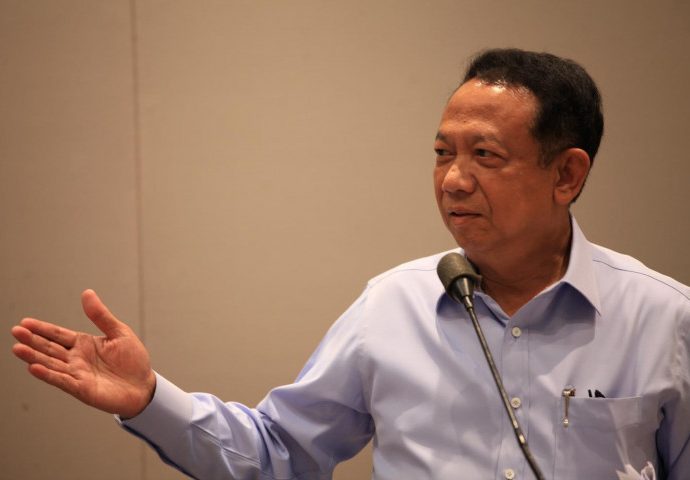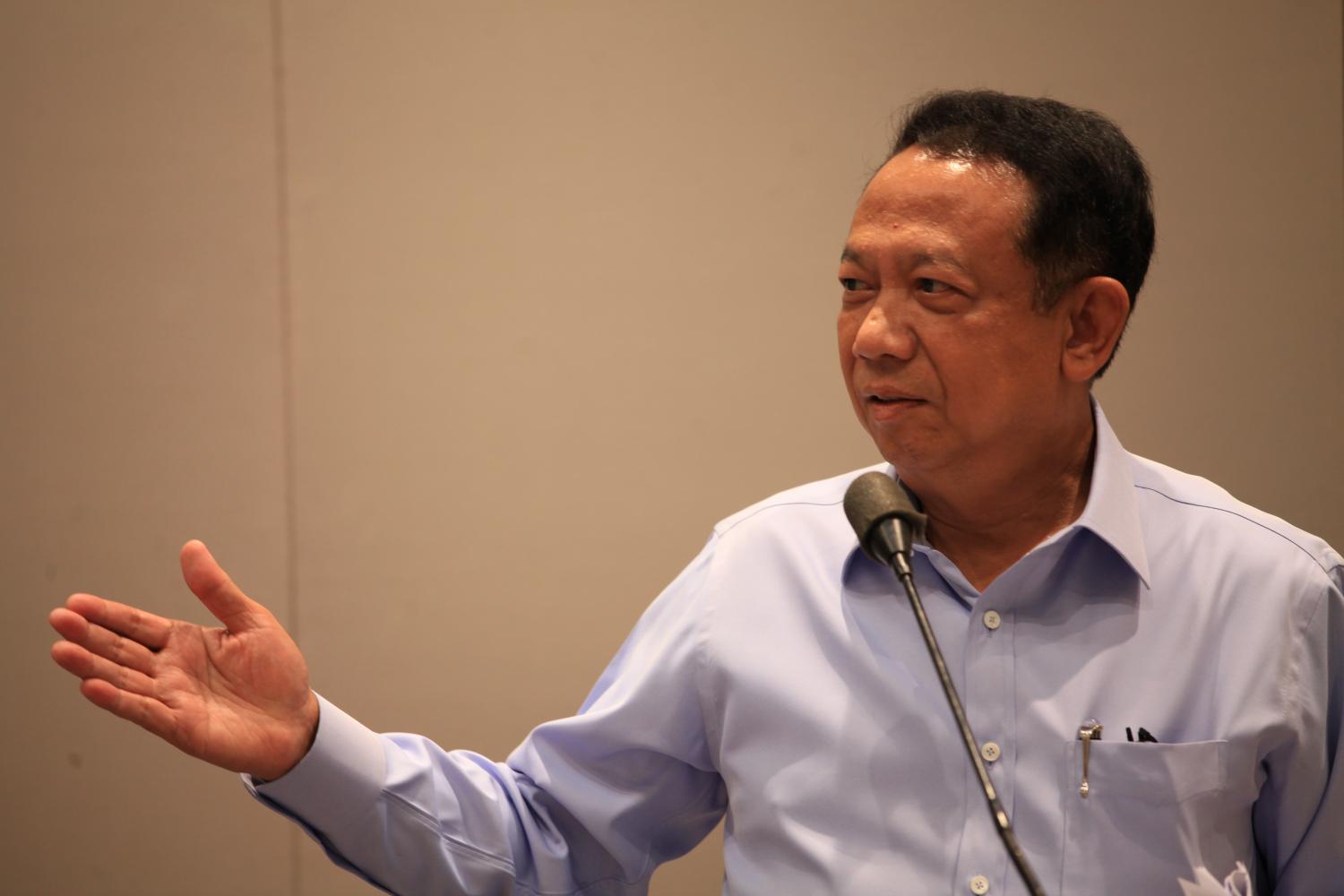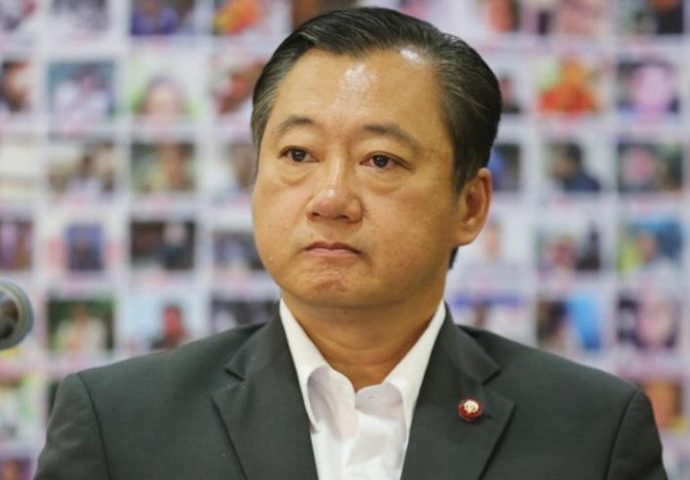Majority believe 8-party alliance will succeed in making Pita PM: poll

A majority of people believe the eight parties forming the next government will succeed in their push for Pita Limjaroenrat, the Move Forward Party leader, to be prime minister, according to an opinion survey by the National Institute of Development Administration, or Nida Poll.
The poll was carried out July 5-7 by telephone interviews with 1,310 people aged 18 and over of various levels of education, occupations and incomes throughout the country to compile their opinions about whether Move Forward, Pheu Thai and six other smaller parties in forming a government and pushing for Mr Pita to take the prime minister’s post.
Asked how satisfied they were with Wan Muhamad Noor Matha of the Prachachart Party as speaker of the House of Representatives, 45.50% were fairly satisfied; 37.40% very satisfied; 9.54% farily unsatisfied; 6.34% totally unsatisfied; and 1.22% had no answer or were not interested.
Asked which of the Move Forward and Pheu Thai parties would benefit more from Wan Muhamad Noor Matha’s being made House speaker, 58.93% said the two parties would benefit equally; 23.13% pointed to Pheu Thai; 7.94% pointed to Move Forward; 6.95% said neither of them would benefit from it, and 3.05% had no answer or were not interested.
Asked whether they believed the eight parties were sincere in joining hands to form a government, a majority or 55.27% said “yes” and the other side, 43.97%, said “no”. The rest, 0.76%, had no answer or not interested.
A majority, 64.80%, said they believed the eight parties would succeed in pushing for Mr Pita to become prime minister while 34.28% said otherwise. The rest, 0.92%, had no answer or were not interested.

